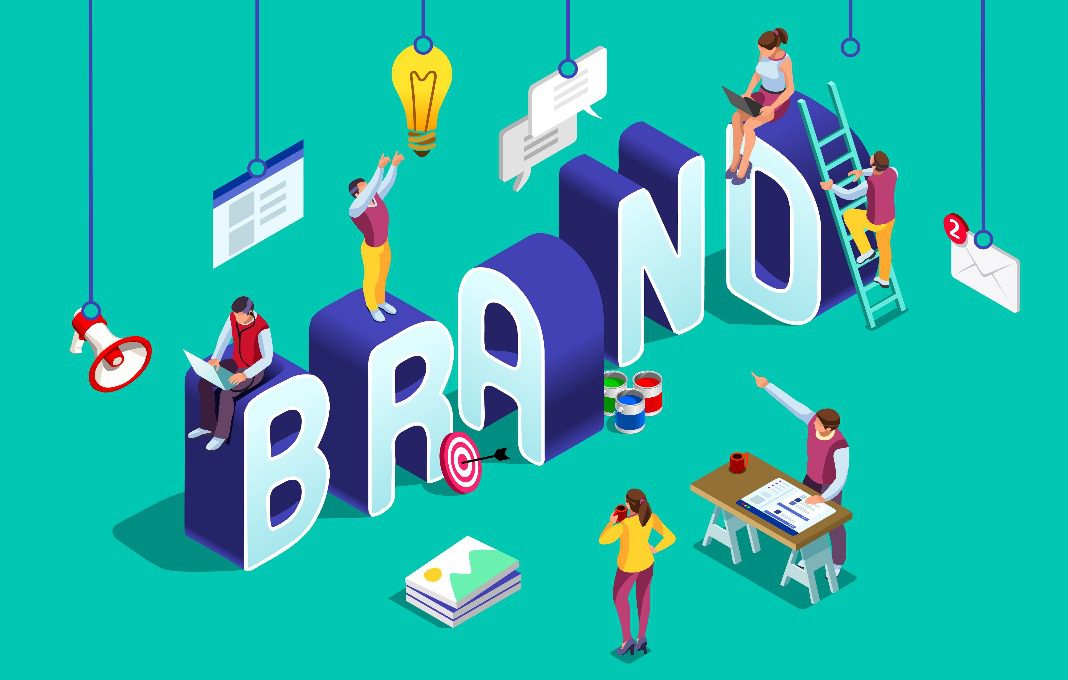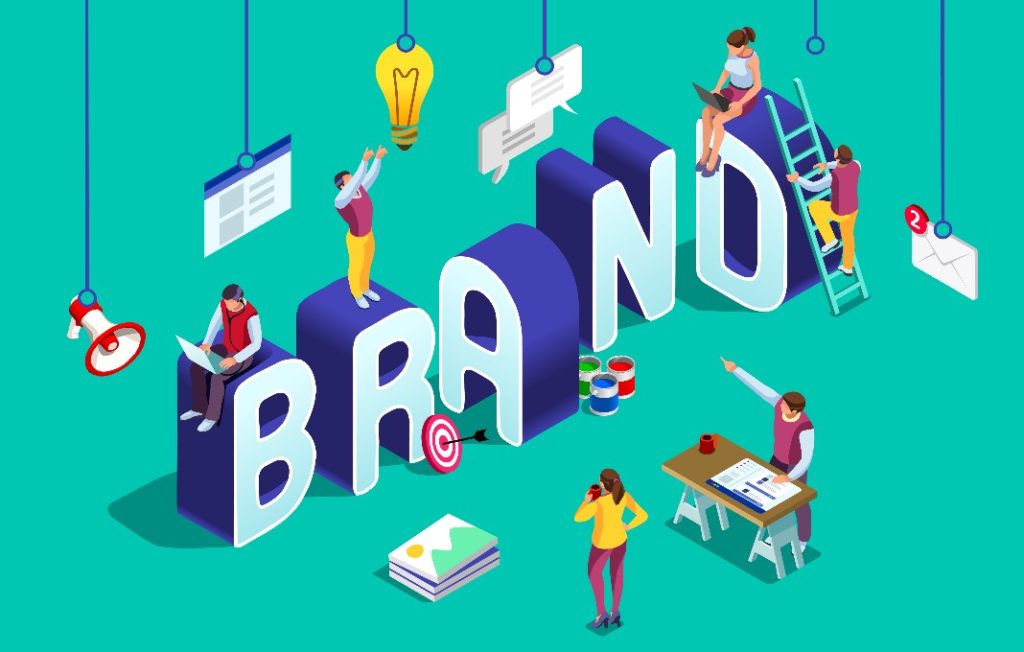What Every Leader Can Learn From McKinsey About Employer Branding


 As their companies compete for a steadily shrinking pool of top talent, a growing number of executives are quickly learning the value of employer branding. In 2021, it’s still a relatively new topic of conversation in most boardrooms, though at the world’s leading companies, building an employer brand has been a point of emphasis for much longer — and the payoff of that is apparent.
As their companies compete for a steadily shrinking pool of top talent, a growing number of executives are quickly learning the value of employer branding. In 2021, it’s still a relatively new topic of conversation in most boardrooms, though at the world’s leading companies, building an employer brand has been a point of emphasis for much longer — and the payoff of that is apparent.
Take McKinsey & Co., for example. The firm that’s almost universally considered the world’s most prestigious consultancy didn’t get that reputation by accident. Throughout most of its existence, it has made investing in talent its No. 1 priority, and those investments have paid dividends. Top undergrads, MBAs and career changers from around the world flock to the company each year, and almost all see it as a steppingstone to professional greatness. That’s no accident either.
Leaders at McKinsey know that a strong employer brand starts internally. The firm has a clear employee value proposition: Work here, and when you leave, you can work anywhere you want. And, more importantly, it has a long track record of backing that up. At one point in the early 2000s, more than 70 current and former CEOs of Fortune 500 companies were McKinsey alumni.
But the strength of its employer brand goes far beyond a reputation for launching incredible careers and fostering growth in the most phenomenal talent. At the heart of it is, well, heart. Everything McKinsey does is meant to reinforce the company’s story and essence—and where employees fit into that. One great example of this is McKinsey’s “Find Your Fit” quiz for prospective employees, which asks nuanced, compelling questions and suggests positions candidates might like based on their results. Beyond that, the company shares videos highlighting its commitment to (and action toward) fostering diversity, sustainability, purpose, and impact. It also does intentional graduate recruitment rooted in showing grads why the McKinsey employer brand could be the right fit for them.
Although the firm has its flaws, the overwhelming evidence suggests that its employer branding remains effective. Talented people still want to work at McKinsey, and the firm continues to advise the most influential organizations on the planet.
A strong employer brand can’t make up for a poor product, disengaged employees or bad workplace culture. However, it can help you prevent those things and ensure you’re equipped with the skills and expertise you need to achieve your objectives. And the more ambitious those objectives are, the more important the investment in your employer brand becomes.
That said, what if you’re a business leader with big dreams and a big need for talent but you don’t have the McKinsey draw? Good news: You don’t have to. But you should take some lessons from the firm.
At my company, we encourage and advise our clients in employer branding strategies and practices similar to McKinsey’s. Here are a few tips to help you do so in your own organization:
1. Invest in your recruiters. Like most other McKinsey employees, the firm’s recruiters are among the best at what they do. It knows that its people are its product, and while this is especially true in consulting, it’s arguably true of any company. Your success is largely determined by the talent you’re able to attract.
As the business landscape becomes increasingly digital, McKinsey has deliberately sought out recruiters with experience sourcing top tech talent (often on behalf of the world’s biggest tech companies). Its recruiters account for nearly 1.5% of its entire workforce, which is three times higher than the nearest competitor.
2. Develop your alumni network. Many modern employer branding initiatives focus on improving retention metrics at all costs. The reality is that there’s only so much you can do to influence the career choices of your prized employees, and as younger generations look for more career mobility, it will only get harder.
Instead of lamenting that fact, McKinsey celebrates the successes of former employees and strives to cultivate an alumni network that will help it attract even more talent. According to the firm’s own data, its alumni website accounts for roughly 10% of all web traffic, and that’s not just because it’s a global company. Leaders understand that former employees, whether they were with the firm for two years or 20, are among its most valuable assets because they become brand ambassadors who validate its employee value proposition. They’re the social proof that the story McKinsey tells is authentic and substantive.
3. Craft an authentic story for your audience. Take a poll of former McKinsey consultants, and most will probably tell you that working at the firm was a career-defining experience and a steppingstone to even bigger and better opportunities. That’s exactly how McKinsey would have it. For decades, the firm has positioned itself not as the ultimate career destination, but as the ultimate career catalyst.
McKinsey knows the type of people it needs to attract, and it has curated a simple but powerful employee value proposition that appeals directly to them. It’s cultivated an unashamedly high-performance culture, in which all employees are constantly looking for opportunities to progress their careers. If those opportunities come internally through a promotion or top-tier engagement, that’s great. But if an employee’s internal trajectory at the firm stagnates, that’s not a bad thing. There are only so many coveted senior-level positions in any organization, no matter how large, and if McKinsey employees aren’t on track to land one, they’re encouraged to look for opportunities elsewhere. To some people, that might sound cold, but to the ultra-competitive, high-performing candidates McKinsey must attract in order to maintain its position as the world’s leading consultancy, it’s an ideal work environment.
The company, known to insiders as “The Firm,” didn’t build its employer brand overnight, and neither will you. It will take strategic planning and execution, often over the course of many years, to build a reputation that attracts top candidates on its own merits. However, start with the tips above, and you can begin laying the foundation for a stronger employer brand right now.

Chief Executive Group exists to improve the performance of U.S. CEOs, senior executives and public-company directors, helping you grow your companies, build your communities and strengthen society. Learn more at chiefexecutivegroup.com.
0

1:00 - 5:00 pm
Over 70% of Executives Surveyed Agree: Many Strategic Planning Efforts Lack Systematic Approach Tips for Enhancing Your Strategic Planning Process
Executives expressed frustration with their current strategic planning process. Issues include:
Steve Rutan and Denise Harrison have put together an afternoon workshop that will provide the tools you need to address these concerns. They have worked with hundreds of executives to develop a systematic approach that will enable your team to make better decisions during strategic planning. Steve and Denise will walk you through exercises for prioritizing your lists and steps that will reset and reinvigorate your process. This will be a hands-on workshop that will enable you to think about your business as you use the tools that are being presented. If you are ready for a Strategic Planning tune-up, select this workshop in your registration form. The additional fee of $695 will be added to your total.

2:00 - 5:00 pm
Female leaders face the same issues all leaders do, but they often face additional challenges too. In this peer session, we will facilitate a discussion of best practices and how to overcome common barriers to help women leaders be more effective within and outside their organizations.
Limited space available.

10:30 - 5:00 pm
General’s Retreat at Hermitage Golf Course
Sponsored by UBS
General’s Retreat, built in 1986 with architect Gary Roger Baird, has been voted the “Best Golf Course in Nashville” and is a “must play” when visiting the Nashville, Tennessee area. With the beautiful setting along the Cumberland River, golfers of all capabilities will thoroughly enjoy the golf, scenery and hospitality.
The golf outing fee includes transportation to and from the hotel, greens/cart fees, use of practice facilities, and boxed lunch. The bus will leave the hotel at 10:30 am for a noon shotgun start and return to the hotel after the cocktail reception following the completion of the round.